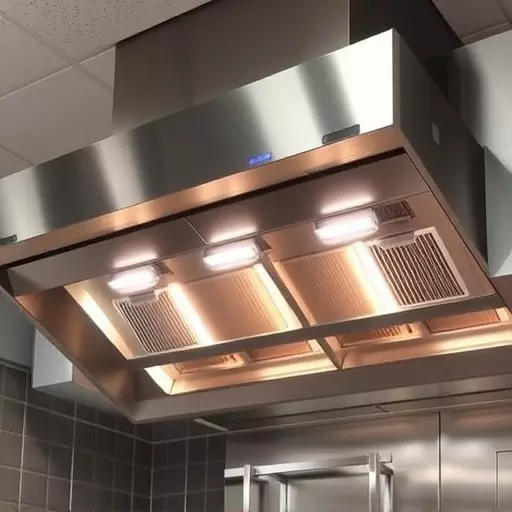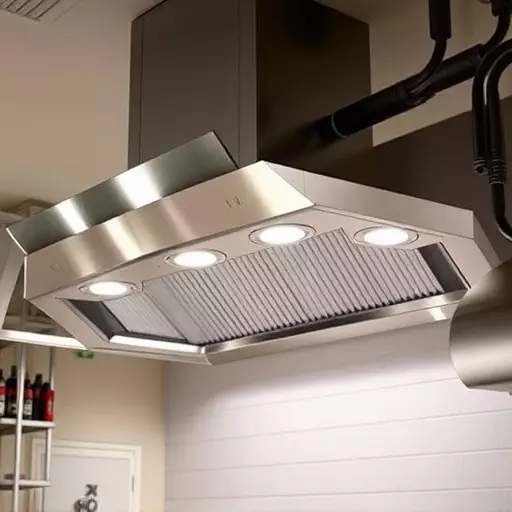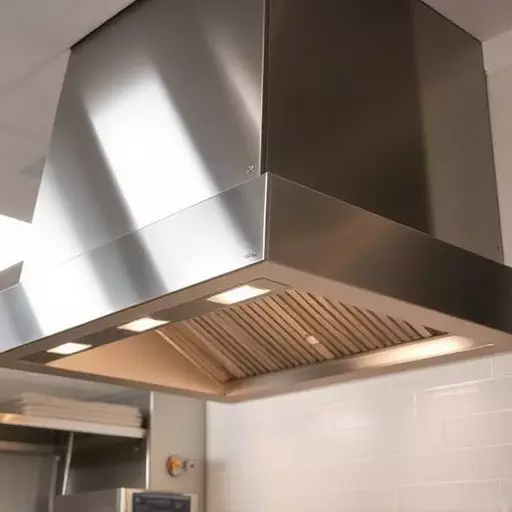In commercial kitchens, fire safety is paramount. A critical component of this is regular thermal link replacement inspection, ensuring the effectiveness of Kitchen Suppression Inspection systems in Jacksonville restaurants. This article delves into the importance of these inspections, highlighting their role in compliance with fire suppression regulations. From understanding thermal links to best practices for maintenance, we explore how to keep your kitchen safe and compliant, focusing on the essential fire protection measures of hood suppression system inspection in Jacksonville.
- Understanding Thermal Link Replacement Inspection: A Vital Component of Kitchen Fire Safety
- The Role of Hood Suppression Systems in Commercial Kitchens
- Compliance Checks: Ensuring Fire Protection in Jacksonville Restaurants
- Best Practices for Efficient Thermal Link Inspection and Maintenance
Understanding Thermal Link Replacement Inspection: A Vital Component of Kitchen Fire Safety
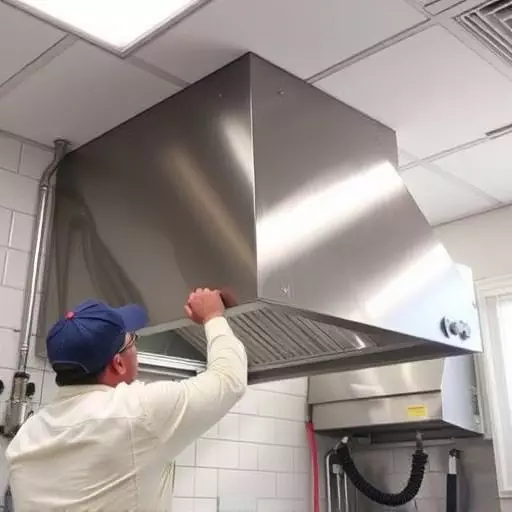
The Role of Hood Suppression Systems in Commercial Kitchens
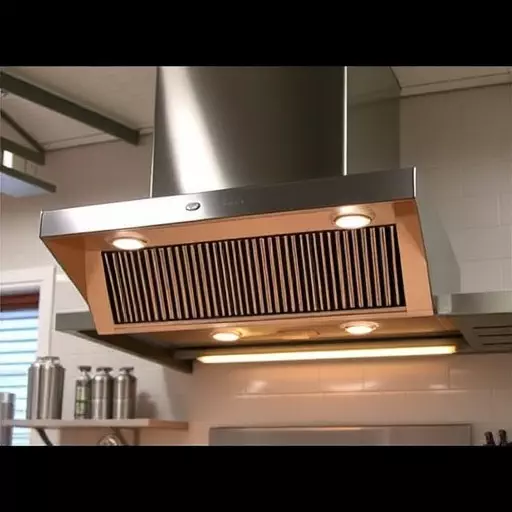
Compliance Checks: Ensuring Fire Protection in Jacksonville Restaurants

In the bustling culinary scene of Jacksonville, Florida, maintaining robust fire protection measures is paramount for restaurants to ensure the safety of their patrons and staff. A critical component of this is regular kitchen suppression system inspection, focusing on both the fire suppression system itself and the compliance checks required by local regulations. These inspections delve into every aspect of the hood suppression system, ensuring its optimal functionality in case of a fire emergency.
Fire suppression compliance checks are not just bureaucratic formalities; they are vital to prevent potential hazards and ensure the kitchen area adheres to safety standards. During these checks, professionals verify the proper installation and maintenance of automatic fire sprinklers, kitchen exhaust systems, and other vital equipment. By keeping up with these inspections, Jacksonville restaurants can protect themselves from costly fines, potential legal issues, and, most importantly, safeguard their establishments from devastating fires.
Best Practices for Efficient Thermal Link Inspection and Maintenance

When conducting thermal link replacement inspection for kitchen suppression systems in Jacksonville or hood suppression systems elsewhere, adhering to best practices ensures efficiency and fire safety compliance. Regular maintenance checks are paramount; schedule routine inspections at least annually or as recommended by local fire codes. Utilize specialized equipment designed for thermal imaging to detect even the slightest anomalies in heat distribution, addressing issues proactively before they escalate.
Documentation is key; maintain detailed records of each inspection, noting any repairs or replacements made. This not only facilitates tracking system performance over time but also simplifies future compliance checks with fire suppression authorities. Foster open communication with your maintenance team and stay updated on industry standards to ensure your kitchen or hood suppression systems remain in optimal working order, thereby enhancing fire safety in commercial kitchens and related facilities.
